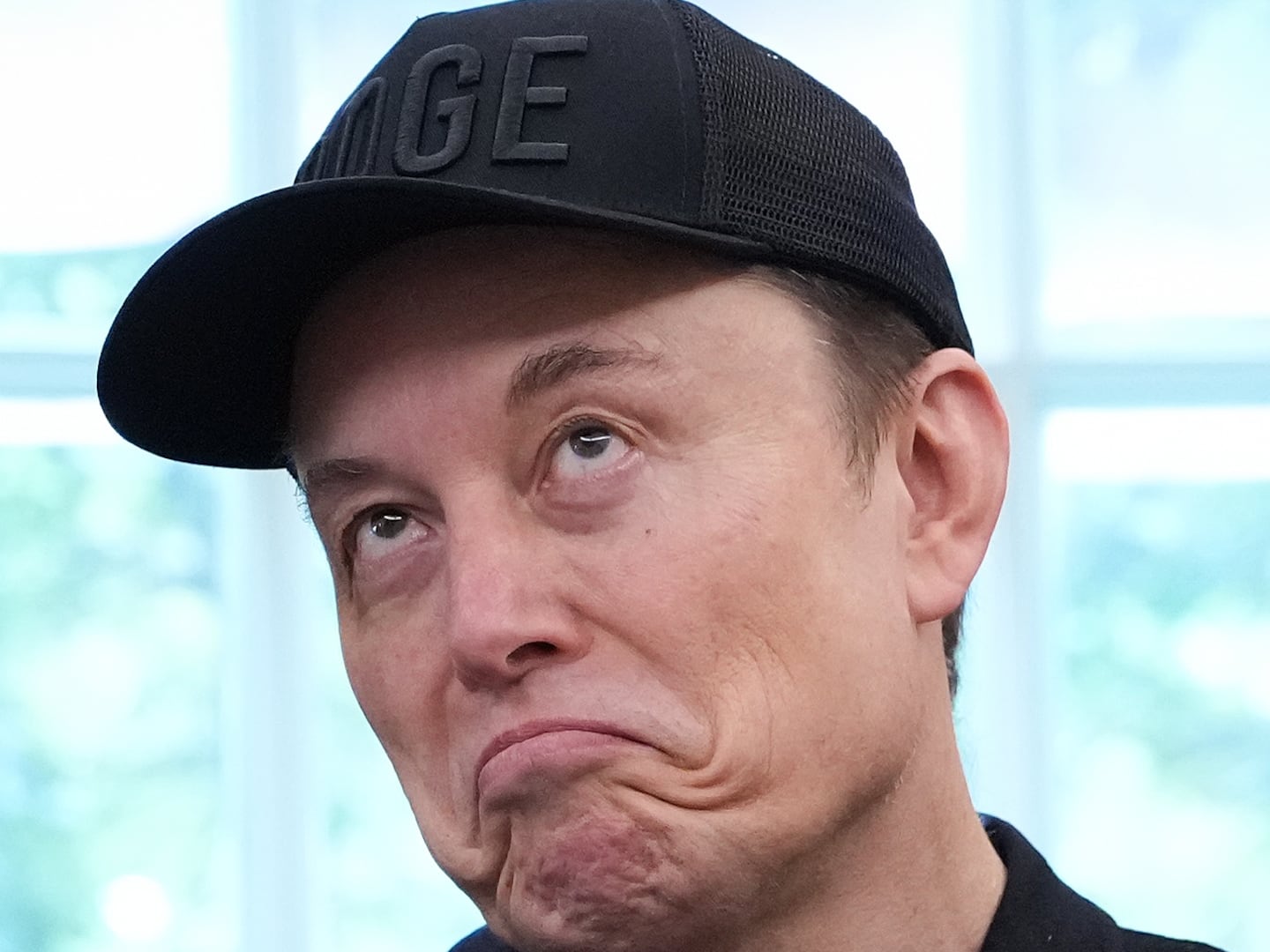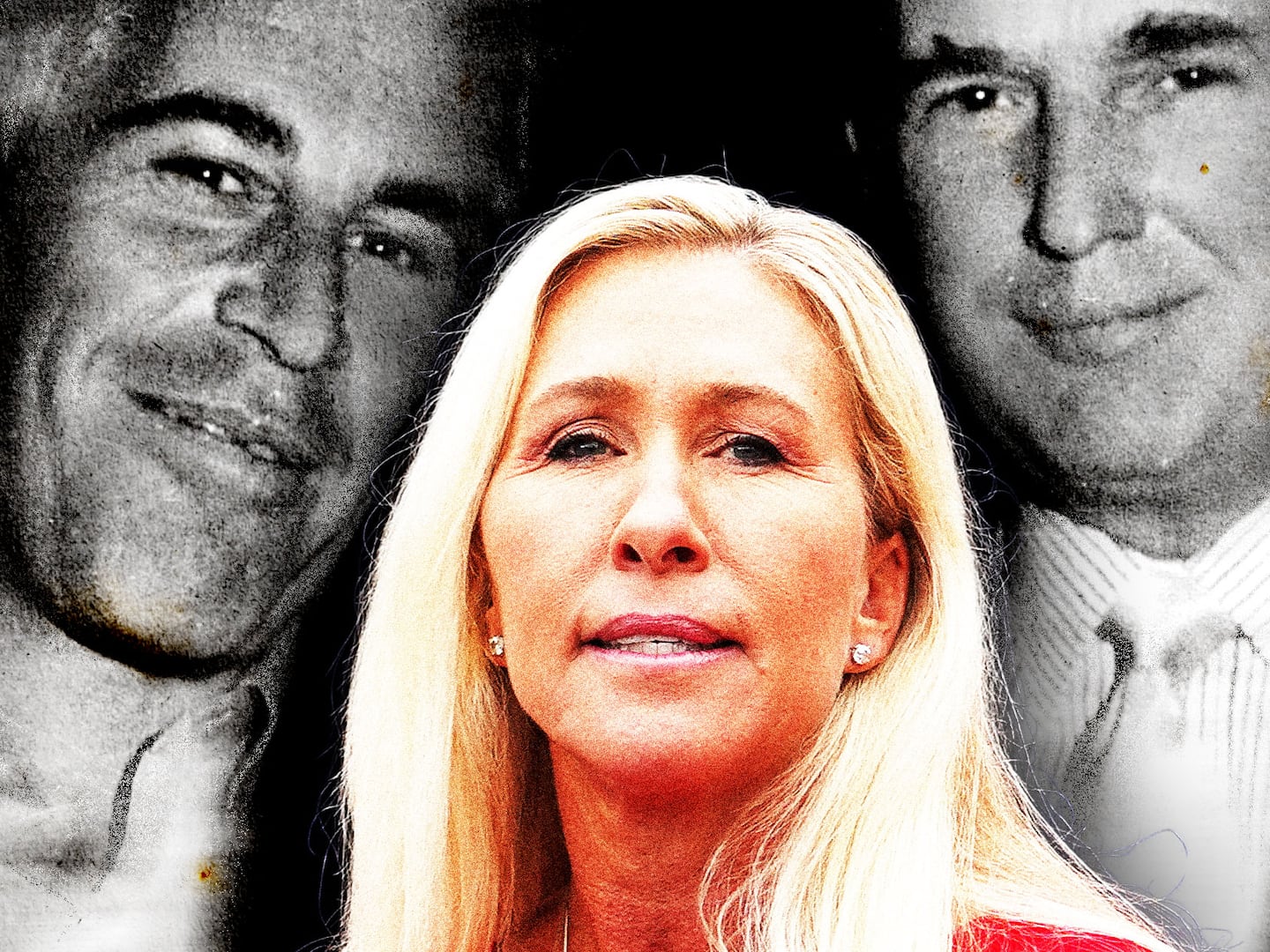In the spring of 2011, I visited the set of Breaking Bad in Albuquerque, N.M., where I had the distinct pleasure of watching Vince Gilligan & Co. shoot a pivotal scene from the penultimate episode of Season 4. For 14 grueling hours, Bryan Cranston and Aaron Paul clashed like prizefighters in Walter White’s darkened living room—pushing, shoving, shouting, sweating—as they struggled to capture every nuance of the confrontation in which Walt convinces Jesse that it was Gustavo Fring who poisoned his girlfriend’s son. It was the most remarkable display of raw acting power I’ve ever seen, and it convinced me, once and for all, that Cranston and Paul deserved to be two of the biggest stars in Hollywood.

And yet when I asked each of them what was next after Breaking Bad, career-wise, neither Cranston nor Paul could point to a headlining role in a big Hollywood production. Cranston was testing for the part of the villain Cohaagen in 2012’s Total Recall remake—not exactly George Clooney territory. (The film would go on to bomb with critics.) And Paul had even less to hang his hat on—just a part in a small independent film called Quad (which still hasn’t been released, as far as I can tell).
“It’s kind of crazy, right?” Paul told me, sounding somewhat disappointed. “So my plan now is just to relax, I think. Just to hop around.”
To say that it’s hard for big-name television actors to transition into movies isn’t exactly news. In fact, it’s a tale as old as Ted Danson. Or David Caruso. Or Matthew Perry. Or Katherine Heigl. But over the last 15 years, the rise of dark, Difficult Man dramas such as The Sopranos, The Wire, Deadwood, Breaking Bad, and Mad Men—shows that do everything movies do, only better—seemed to promise a different path. Sam Malone was never going to become Brad Pitt. But Don Draper? That makes sense. A series like Mad Men has so dominated the cultural conversation—and its leading man has become so iconic—that in some ways Jon Hamm already feels like a movie star. He has the looks. He has the chops. Of course he’s going to be huge.
Which makes it all the weirder that Hamm has appeared in exactly one blockbuster to date. For a grand total of about two minutes.
What gives? James Gandolfini—one of the finest leading men in television history—was never really able to transition into film; he had to make do with smaller parts (Zero Dark Thirty) or smaller projects (Enough Said). Neither was Dominic West (The Wire). Since 2011, Cranston has appeared in plenty of movies, but he’s almost always a two-dimensional supporting player: an auto shop owner in Drive, an admiral in Contagion, a CIA officer in Argo, and so on. Paul has made two tiny pictures—Decoding Annie Parker and Smashed—and that’s about it.
Why can’t these actors—actors who have already proven their mettle in the most movie-like TV shows of all time—make the same sort of impact on the big screen? I’ve been pondering this paradox quite a bit lately because it’s about to be put to the test. On Friday, DreamWorks will release Need for Speed, a big-budget street-racing movie starring Paul as hot-shot driver Tobey Marshall. In May, Cranston will co-headline Gavin Edwards’s $160 million Godzilla reboot, while Hamm will top the bill in Disney’s Million Dollar Arm. And in December, Paul will play Joshua to Christian Bale’s Moses in Exodus, a $100-million-plus Ridley Scott epic.
Finally—a few big roles in big films for television’s marquee actors. The question now is whether these movies will transform Hamm, Cranston, and Paul into real movie stars—or whether they’ll fall short.
My guess, sadly, is the latter. Earlier this week, I went to an advance screening of Need for Speed. It was an object lesson in why, for a number of reasons, actors like Aaron Paul—or Hamm, or Cranston, or Gandolfini and West before them—won’t be pulling a George Clooney anytime soon.
Here’s what I learned.
First of all, the timing is terrible. Studios today are more jittery and risk-averse than ever, which means they’re even less likely to bet on a box-office newbie than they were in, say, 1999, when Clooney quit ER. If your name isn’t Bale, Washington, Clooney, Pitt, Damon, Depp, Downey Jr., Hanks, or Smith, chances are you’re not going to headline anything. Instead, the studios will slot you into “a superhero film, franchise-starter, or sci-fi blockbuster where concept and brand outshine the leading man” because for young, post-monocultural viewers, concepts and brands carry far more weight than names. Need for Speed is a perfect example. It’s not an Aaron Paul picture. It’s a video-game picture—a paint-by-numbers, sequel-friendly “thrill ride” based on the popular EA franchise of the same name. Godzilla is the same deal. These movies aren’t designed to make movie stars. They’re designed to make as much money (globally) as possible. The leading man is subordinate to the brand. It’s almost impossible—by design—to stand out.
But isn’t Jon Hamm or Aaron Paul a brand of his own? Sure—to a point. It’s true that Hamm, Paul, and Cranston are getting work in high-profile Hollywood pictures in part because they come equipped with audiences of their own—i.e., viewers who adored them on Breaking Bad and Mad Men. But that audience is different—and much, much smaller—than the audiences studios like to target. So far, Mad Men’s more coastal, more elite viewership—which skews away from the younger flyover-state demographic so beloved in Hollywood these days—has topped out at 2.7 million. The last season of Breaking Bad averaged about 6 million viewers. By comparison, the top 15 movies of 2013 sold more than 19 million tickets apiece, and the top 15 movies of all time each sold more than 94 million.
There’s a reason, in other words, that Cranston and Paul are starring the films they’re starring in this year. Godzilla has stamped out 30 movies so far. To date, more than five billion copies of the Bible have been printed. And EA has sold well over 140 million copies of the Need for Speed games since the series debuted in 1994. Those are the kinds of numbers that studio executives respond to. AMC’s ratings barely register.
TV and movies reward different skill sets as well. Paul, Cranston, and Hamm are all handsome guys—handsome enough to be leading men—but the truth is that they’ve made their names as character actors. The best serialized dramas allow us to get to know their characters—hour after hour, season after season—in ways that just aren’t possible in a two-hour movie. This tends to mean that the best serialized drama stars are the ones who most fully inhabit—who become synonymous with—the characters they play. The greatest movie stars, on the other hand—Cary Grant, Humphrey Bogart, Katharine Hepburn, Clark Gable, Tom Hanks, Harrison Ford, Bette Davis, Julia Roberts, and so on—never completely disappear into their roles. We’re attracted to their personalities, and we go to their movies because we want to see those personalities refracted in different roles. But Paul, Cranston, and Hamm don’t really have public personalities. To us, they are Jesse Pinkman, Walter White, and Don Draper. Period. We love the characters. The actors are secondary.
Which brings us to the final problem: in some ways, the quality of today’s cable dramas makes it harder, not easier, for stars like Paul, Cranston, and Hamm to transition into movies. The more indelible the television role, the more difficult it is to shake—or top. Jennifer Aniston putting Rachel Green behind her is one thing. James Gandolfini sloughing off Tony Soprano is another.
Need for Speed isn’t a great movie; Tobey Marshall is barely a character. And yet Aaron Paul is remarkable, bringing every ounce of the talent he displayed and developed on Breaking Bad to bear on his wisp of a role. The emotional fluidity and transparency. The fine, elastic features. The blend of wounded machismo and boyish vulnerability. The live-wire sense of joy and pain. He’s sharper than Ryan Gosling and more electric than Tobey Maguire—and if they deserve to be movie stars, so does he.
Still, I couldn’t help but think how much more fun it was to watch Paul when he had good material to work with. I worry that he won’t find those parts (unfairly) on the big screen—and that he’ll spend the rest of his career being reminded, with every new film role, that he was better as Jesse Pinkman.
The good news is that it’s not too late. Sure, Paul should give the movies a go for a few more years. He should see what happens. But at some point it might be wiser for him to put his souped-up Shelby Mustang in reverse and find another great part to play on cable. Just because he deserves to be a movie star doesn’t mean the movies deserve him.






